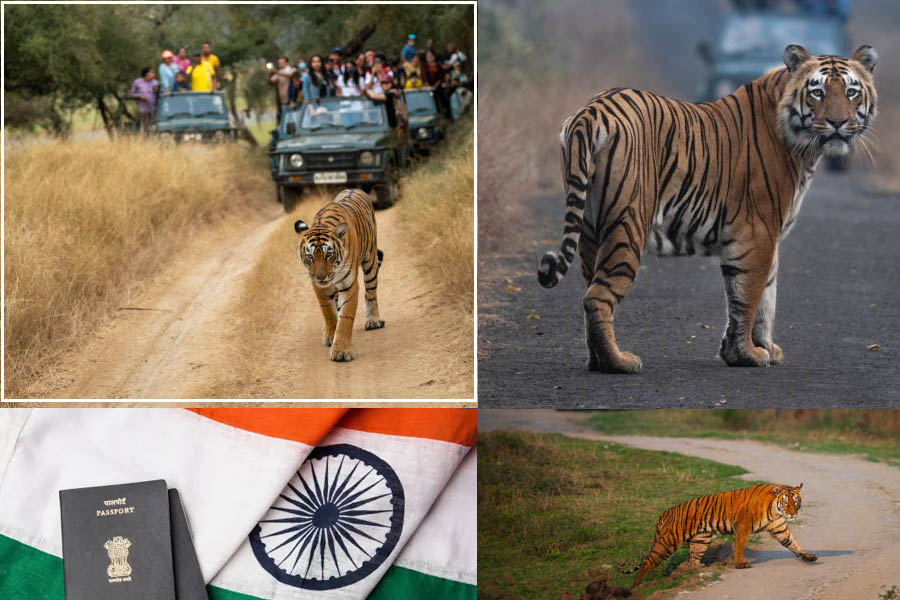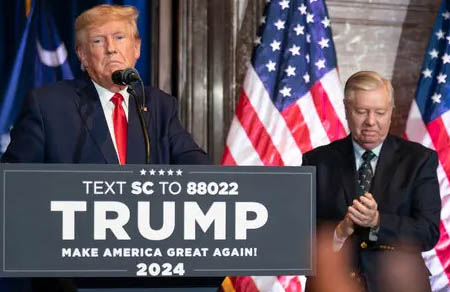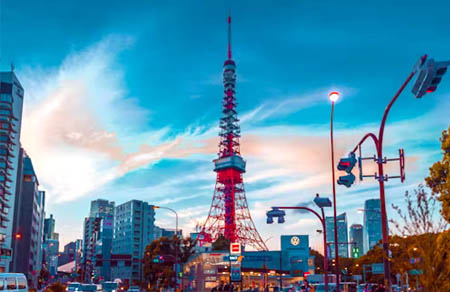
In the midst of India’s growing social turmoil, a cascade of shocking events has gripped the nation, revealing deep-rooted issues of corruption, ethnic strife, and religious tensions. From the arrest of Delhi's opposition leader to violent clashes in the northeast and a controversial mosque demolition in Shimla, India faces an unprecedented social and political crisis.
Arvind Kejriwal Released After Six-Month Detention: A Political Vendetta?
Arvind Kejriwal, one of India's most prominent opposition leaders and the Chief Minister of Delhi, has been granted bail after spending nearly six months in jail. Kejriwal, arrested in March 2024 in a corruption case that he claimed was politically motivated, was detained just weeks before the national elections. The timing of the arrest sent shockwaves across the country, raising concerns about the integrity of India's political landscape.
India's Supreme Court ruled in favor of Kejriwal’s release, stating that his prolonged incarceration amounted to an unjust deprivation of liberty. Kejriwal's arrest, alongside other members of his Aam Aadmi Party (AAP), has been widely criticized as a tactic to cripple the opposition before a critical election year. The arrest triggered nationwide protests, with Kejriwal's supporters accusing the ruling government of using the judiciary as a weapon to stifle dissent.
The case continues to provoke fierce debate, as many question whether Kejriwal’s trial will lead to a significant shift in the Indian political arena or merely expose the depth of political interference in the judiciary.
Shimla Mosque Row: A City on the Brink of Communal Tension
Simultaneously, the picturesque city of Shimla, known for its tranquility, has found itself at the center of a raging communal controversy. The construction of three illegal stories on a mosque in the Sanjauli area has ignited widespread anger among local residents, culminating in large protests. While Shimla has historically been free from communal tensions, the narrative that "outsiders" were using the mosque as a shelter for criminal activities added fuel to the fire.
Thousands gathered in the streets demanding the mosque’s demolition, with Hindu and local organizations leading the charge. A heavy police presence managed to quell the immediate unrest, but the underlying tensions remain. The mosque's management committee has since agreed to demolish the illegal structure, but the damage has been done. Many locals now view the mosque as a symbol of "outsider influence," exacerbating fears of demographic change and economic strain in the region.
The controversy has split Shimla along political and communal lines, with leaders from the BJP and Congress issuing conflicting statements. BJP representatives raised the issue in the Himachal Pradesh assembly, framing it as a failure of local governance and a symbol of illegal migration. Congress ministers, on the other hand, urged restraint but acknowledged the need for stricter registration policies for migrants in the region.
Kolkata Erupts: Protests Against Government Amid Doctor’s Murder and Alleged Rape Case
Meanwhile, Kolkata has become a battleground for justice as doctors and protesters demand accountability following the brutal rape and murder of a woman doctor at RG Kar Medical College and Hospital. The gruesome crime has shaken the city, leading to widespread protests against the government’s handling of the case. Allegations that the government is attempting to cover up the incident have only further inflamed the public.
In a surprising turn of events, Mamata Banerjee, Chief Minister of West Bengal, accused the protesting doctors of seeking power, stating, “They don’t want justice, they want the chair.” The statement has sparked outrage among medical professionals and the public alike, with many viewing it as an insult to a movement demanding safety for women and justice for the victim.
Amid mounting pressure, the Central Bureau of Investigation (CBI) has now taken over the case, collecting key evidence to establish whether the sole accused, Sanjay Roy, is indeed guilty. The investigation’s outcome could have far-reaching implications, as Kolkata struggles to cope with rising crime rates and deteriorating public trust in law enforcement.
Manipur: Ethnic Violence Spirals Out of Control
In the northeastern state of Manipur, the situation is nothing short of dire. Ethnic violence between the majority Meitei and minority Kuki communities has escalated dramatically, with over 225 people killed and thousands displaced since the conflict erupted last year. The violence, initially sparked by disputes over economic benefits and quotas, has spiraled into full-blown conflict, with drone bombings marking a disturbing new chapter in the unrest.
On September 1, militants used high-tech drones to drop over 50 bombs on civilian and security force positions in the hills surrounding Imphal. The use of Rocket-Propelled Grenades (RPGs) and sophisticated weaponry has raised alarm among authorities, who are struggling to contain the situation. The Central government has rushed 2,000 CRPF personnel to the region, but clashes continue to break out, with curfews and internet shutdowns imposed in key areas.
Manipur’s troubles highlight a broader issue of governance failure, as critics argue that both state and central authorities have neglected the region. Prime Minister Narendra Modi, criticized for his silence on the conflict, has been accused of prioritizing international affairs over domestic crises. The growing sense of abandonment in Manipur has fueled resentment, leading to even more unrest.
A Nation on Edge: The Perfect Storm of Social Unrest
As India grapples with a series of explosive events, it becomes clear that the country is facing a perfect storm of social unrest. From the political persecution of opposition leaders like Arvind Kejriwal to the communal tensions simmering in Shimla and Kolkata’s protests against gender-based violence, the fabric of Indian society seems increasingly fragile.
The escalating violence in Manipur, marked by the use of drones and RPGs, adds a dangerous new dimension to the crisis. The government’s response—or lack thereof—will likely determine whether these flashpoints of tension will subside or ignite into larger, more widespread conflict. For now, the world watches as India teeters on the brink, with the future of its social and political stability hanging in the balance.
#IndiaProtests #CorruptionInIndia #ManipurViolence #PoliticalScandal #KejriwalCase #EthnicConflict #IndianDemocracy #JudiciaryCrisis #DoctorsStrike #GovernmentCorruption #IndianPolitics #ManipurCrisis #PublicUnrest #BJPvsCongress #IndiaNews
Thank you for reading: globalpostheadline.com





